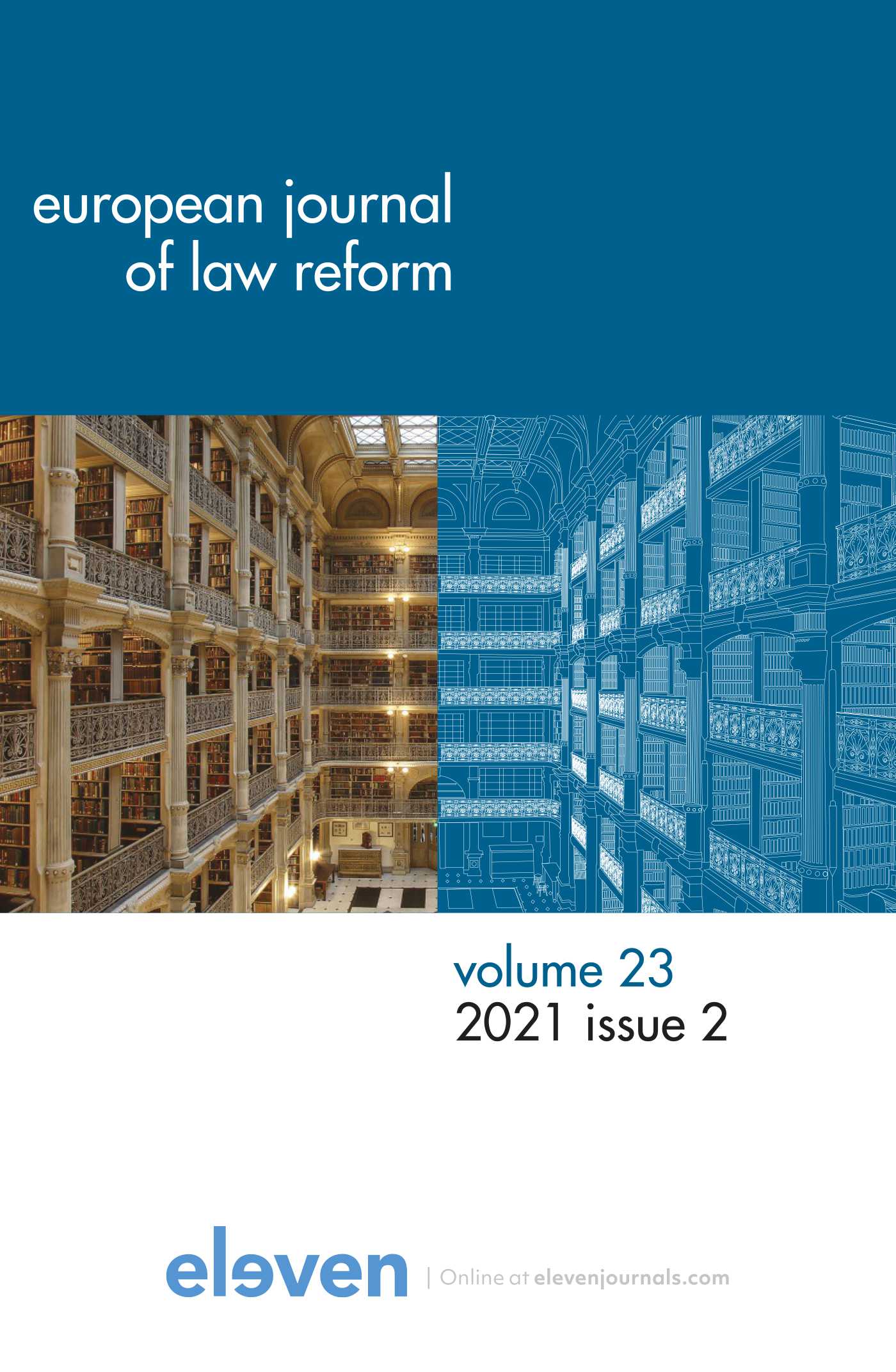|
Under current United States tax law, individual gifts to foreign charities generally are not deductible from federal income tax as charitable contributions. A comparative study of analogous tax laws in Switzerland and the United Kingdom demonstrates that the Swiss approach generally reflects the same prohibition against tax deductions for individual gifts to foreign charities, while British law permits such deductibility for gifts to qualified charities in other EU member states, Norway, and Iceland. |


European Journal of Law Reform
About this journalSubscribe to the email alerts for this journal here to receive notifications when a new issue is at your disposal.
| Article |
|
| Authors | The Rt. Hon. Sir David Lloyd Jones |
| Author's information |
| Article |
|
| Keywords | comparative, philanthropy, tax, deduction, international |
| Authors | Joseph E. Miller, Jr. |
| AbstractAuthor's information |
| Article |
|
| Keywords | drafting conventions, templates, legislative precedents, drafter’s skill, necessary tools for effective communication of language of legislation |
| Authors | Agnes Quartey Papafio |
| AbstractAuthor's information |
|
The aim of this article is to explore whether drafting conventions, templates and legislative precedents contradict or complement the drafter’s style and if they complement the drafter’s style, the various ways in which the use of these tools achieves it. |
| Article |
|
| Keywords | National Language Authority, National Language of Pakistan, Legislation in Urdu, Plain Language Movement, Urdu Language |
| Authors | Mazhar Ilahi |
| AbstractAuthor's information |
|
It is quite interesting to note that first, the first language of most of the population of Pakistan remains different in different geographical regions. Secondly, Urdu, which is the second language of most of the population of Pakistan though declared to be the sole constitutional and official language, is not so accepted by all the communities resident in Pakistan. As a result, and thirdly, the laws of Pakistan are drafted in a non-native language, English, which is mostly the third language of a small fraction of the country’s population . This situation runs counter to the theme of the Plain Language Movement for writing of laws (PLM), which strives to make the laws understandable for its subjects. The problem, in reality, owes its genesis to different ethno-lingual and political issues. However, without going into much detail of these ethno-lingual and political elements, this article aims to analyse the question of the need for linguistic harmony, the main causes of lack of focus upon the same and the role of the National Language Authority (NLA) in the context. In addressing these issues the author concludes that lack of political will to handle the natural ensuing issues of the multilingual features of the Pakistani society and the (English) linguistic hegemony of the ruling elites (civil and military bureaucracy) are the two main causes of the failure of the NLA to administer Urdu as a sole national/official/legislative language of Pakistan. |
| Article |
|
| Keywords | challenges, domestic legislation, model laws |
| Authors | Lesedi Poloko |
| AbstractAuthor's information |
|
Lawmaking is an essential attribute of a state. Laws differ from one country to another, and compliance with different legal rules may create problems. Uniformity of laws is an end in itself, and its value lies in its practical benefits. Interest in the quality of legislative instruments is a major concern, especially as regards the effectiveness of the national legislation. |

 Issue 4
Issue 4